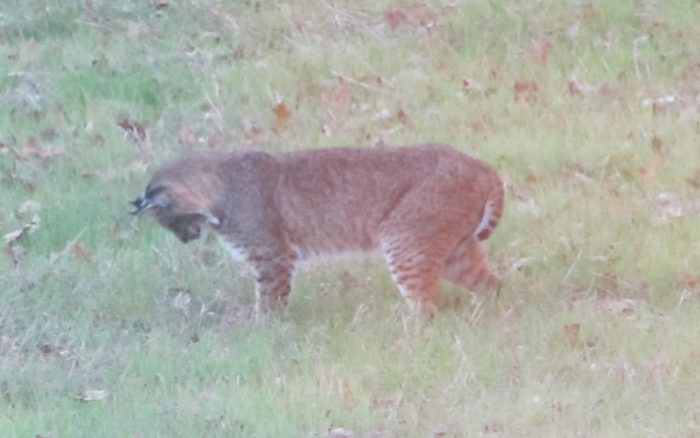HMI Practice Exercise One
We are asked to think of a simple ecosystem and make a list of the many living things living there. The question: what happens if one or two of these living things are removed?
This is a part of a general principle that is also present in the bedrock of Biodynamic agriculture: considering the whole. Goethe, the root philosopher of Steiner’s Biodynamics, stated, “If you would seek comfort in the whole, you must learn to discover the Whole in the smallest part (Goethe on Science; An Anthology of Goethe’s Scientific Writings, p. 59.) Allan Savory, founder of Holistic Management states this principle another way: “Individual parts to not exist in nature, only wholes, and these form and shape each other”(Savory, Holistic Management).
It is a heartbreaking exercise, one way too close to the truth: what if the bobcat no longer hunted pocket gophers by the garden? Or the barn owl no longer skimmed the meadow at twilight? What if the giant Valley oaks no longer housed their many inhabitants in dead wood? Or the toyon disappeared? It is all too close to the truth of a sixth extinction cycle in process. And what does the disappearance of the meadow, or the bobcat, or a Valley oak, mean to the “wholeness” of us humans?
